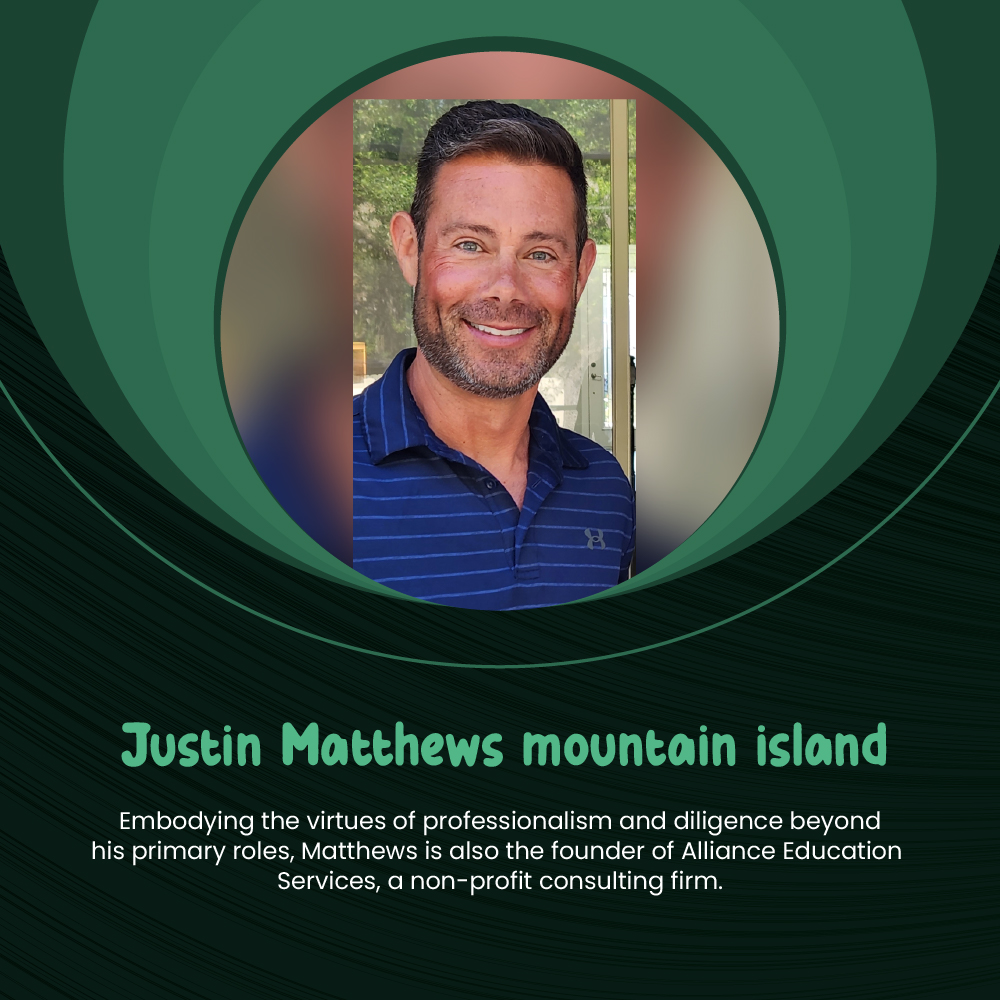
Education has often been hailed as the cornerstone of progress and development in any society. It is the tool that equips individuals with knowledge, skills, and critical thinking abilities to navigate life’s challenges and contribute to improving their communities. While the immediate impact of education on an individual’s life is evident, it’s essential to recognize the profound and far-reaching ripple effect it has on society as a whole. This article will explore how education transforms lives and communities, ultimately fostering progress and positive change.
Individual Empowerment
The transformative power of education begins with the individual. It provides the means for personal growth, self-discovery, and Empowerment. Education equips individuals with the tools to make informed decisions about their lives, from career choices to emotional well-being. It enhances their problem-solving abilities, critical thinking, and creativity, enabling them to overcome obstacles and seize opportunities.
As individuals grow and flourish through education, they become role models within their communities, inspiring others to follow suit. Education sets the stage for positive changes within families, neighborhoods, and communities by empowering individuals with knowledge and skills.
Economic Prosperity
Education is a catalyst for economic Prosperity. It is a well-established fact that individuals with higher levels of education tend to earn higher incomes and have better job opportunities. This improves their quality of life and contributes to economic growth at both the local and national levels.
Communities benefit from the increased economic stability and development brought about by an educated populace. A more educated workforce attracts businesses and industries, creating jobs and increasing revenue for local governments. In turn, these communities can invest in better infrastructure, healthcare, and public services, ultimately raising all residents’ living standards.
Social Cohesion and Civic Engagement
Education fosters social cohesion by promoting tolerance, empathy, and understanding among individuals from diverse backgrounds. In an educated society, people are more likely to appreciate the value of diversity and work together to address common challenges. Education encourages individuals to engage in constructive dialogue and find peaceful resolutions to conflicts, ultimately creating a more harmonious community.
Moreover, education is closely linked to civic engagement. Educated individuals are more likely to participate in community activities, volunteer their time, and actively participate in local governance. Their informed opinions and contributions lead to more effective and responsive community leadership, which benefits everyone.
Health and Well-being
Education also plays a critical role in improving the health and well-being of individuals and communities. Educated individuals tend to make healthier lifestyle choices, have better access to healthcare information, and are more likely to seek medical care when needed. As a result, communities with higher levels of education often experience lower rates of chronic diseases and overall better health outcomes.
Additionally, education empowers individuals to advocate for their health and the health of their communities. It promotes awareness of public health issues, encourages healthier behaviors, and supports initiatives to improve healthcare infrastructure. This collective effort leads to a healthier and more resilient community.
Innovation and Technological Advancement
In today’s rapidly changing world, innovation and technological advancement are critical drivers of progress. Education is the engine that fuels innovation by cultivating a culture of curiosity and problem-solving. Educated individuals are more likely to contribute to scientific discoveries, technological breakthroughs, and creative solutions to societal challenges.
Communities strongly emphasizing education are hubs of innovation and entrepreneurship. They attract businesses, startups, and research institutions, creating a dynamic environment that fosters innovation and drives economic growth. These advancements, in turn, benefit the broader society by improving living standards and quality of life.
Breaking the Cycle of Poverty
One of the most potent aspects of education is its ability to break the cycle of poverty. Education allows individuals to escape the constraints of their circumstances and pursue a better future. It opens doors to higher-paying jobs and access to resources that lift families from poverty.
When individuals from disadvantaged backgrounds receive a quality education, they are more likely to break the cycle of poverty for themselves and their families. As a result, communities experience reduced income inequality and increased social mobility, contributing to a more equitable society.
Environmental Sustainability
Education also has a crucial role to play in promoting environmental Sustainability. Educated individuals are more aware of environmental issues and the importance of sustainable practices. They are likelier to adopt eco-friendly behaviors and advocate for environmental conservation within their communities.
Communities that prioritize education often implement environmentally friendly policies and initiatives. They invest in renewable energy, conservation programs, and sustainable urban planning, leading to a healthier environment and a reduced ecological footprint.
Education is not merely a personal endeavor but a powerful force that ripples through society, transforming lives and communities profoundly. It empowers individuals, promotes economic Prosperity, fosters social cohesion, and contributes to better health and well-being. Education drives innovation, breaks the cycle of poverty, and supports environmental Sustainability. As we recognize the ripple effect of education, it becomes clear that investing in education is one of the most effective strategies for building more robust, more vibrant, and equitable communities for all. We can create a brighter future for individuals and societies by valuing and prioritizing education.